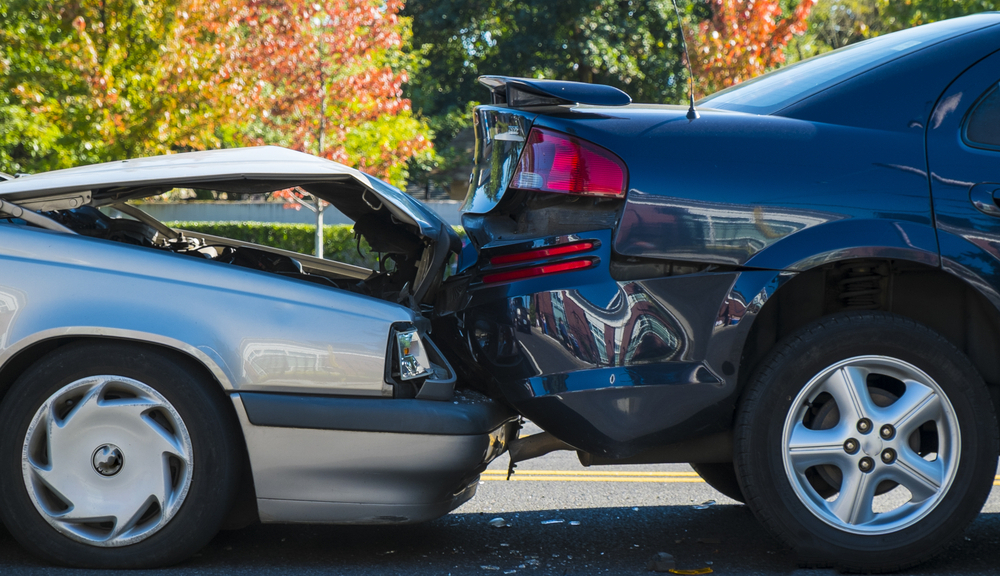
Auto accidents are stressful, especially if they involve serious injuries. The most common types of injuries include spinal cord damage, brain trauma, fractures, and lacerations. Victims are often unsure of what to say and do after a car accident. If you have been injured in an accident, car wreck lawyer are available to request compensation on your behalf. Contact Brad Nakase if you need seo strategy for lawyers.
What should you do after a car accident? The first thing to do after a car accident is to review the injuries sustained by any of the people involved. No one involved should leave the scene unless everyone is physically well, and there is no property damage. If there are injuries, it is important to get medical attention immediately by calling an ambulance and the police. You must ask police officers to arrive, to file a police report, and you must obtain their names and license plate numbers so that follow-up is possible.
You should also exchange names and insurance information with the other people involved. If there are passengers or witnesses to what happened, you should try to get their names and contact information as well. In many cases, current drivers in an auto accident are unsure of what happened immediately after the accident, especially if there are head or brain injuries, but a passenger or pedestrian outside of cars may have a better perspective of what happened.
In general, you should not make any admission or apologize for what happened. You do not want to take responsibility immediately, especially if you are not sure what happened. Any apology or admission can be used to limit the victim’s ability, to recover compensation later.
If you are able to move, you should take pictures of the scene. These photographs may come in handy later, particularly if there are disputes about what happened, and it becomes necessary to hire someone experienced in rebuilding the accident.
You should not notify your own insurer without consulting an attorney. Notice of the accident should be given to your own insurance company as soon as possible, but only after consultation with your attorney. Also, you should never speak to an insurer of the other driver. Your attorney should be the only contact with the other driver’s insurer. Although an adjuster for the other driver’s insurance may be friendly, he or she does not have the best intentions in their hearts. If you are contacted by the other driver’s insurer, simply advise that you have an attorney. He should not discuss the accident with you once he becomes aware that you have an attorney.
In most cases, the adjuster’s goal is to obtain an admission that result in a reduction in the liability of your insured. The courts follow a modified comparative negligence rule. Under this rule, an injured person can only recover compensation if he or she is less than 50% guilty of the injuries. Recovery will be reduced by an amount equal to your degree of fault, as determined by a jury. This means that an adjuster will be looking for any reason to offer only a small settlement or not to make a settlement offer at all.
You should not sign anything or accept an offer of any settlement without discussing the matter with an attorney. In most cases, once you sign, leaving out your right to sue a guilty driver, in exchange for the settlement money, you cannot change your mind.
What are the insurance company’s obligations? The insurance company is a legal entity with the objective of assuming your risks and those of the rest of the people who want to contract their services by charging a premium fee. But the final objective of the Insurance Institution is none other than serving people. These are its main obligations:
– Write the general and particular conditions in a clear and concise manner. It will highlight the limiting clauses that you have accepted, if you are the policyholder.
– The insurance company must pay the compensation once the investigations and expert reports necessary to verify the veracity of the accident have been completed. The insurer will pay you the compensation with money or it can also make the repair of the damaged object, as you wish.
– In the event of an increase or decrease in risk, the insurer may increase or decrease the premium from the next maturity *.
– The company will pay the fees to its expert in charge of investigating the accident. In the event of having a third expert, he will bear half of the expenses.
– Once the claim is resolved, if within 3 months the insurer has not paid you or has not repaired the damage, the compensation may have a surcharge of 20% per year in favor of the insured.
* One of the most common doubts among policyholders is when the company must inform the insured of the renewal of the insurance. Most annual insurance policies carry the renewal already included in the contract that is signed at the beginning. The insurer’s obligation is to notify the renewal 2 months before expiration, providing the total amount of the premium. In that period of time the insured can decide whether to renew or not. After two months, the insured may only terminate the contract if the insurance price is higher.
 2018 ·
2018 ·